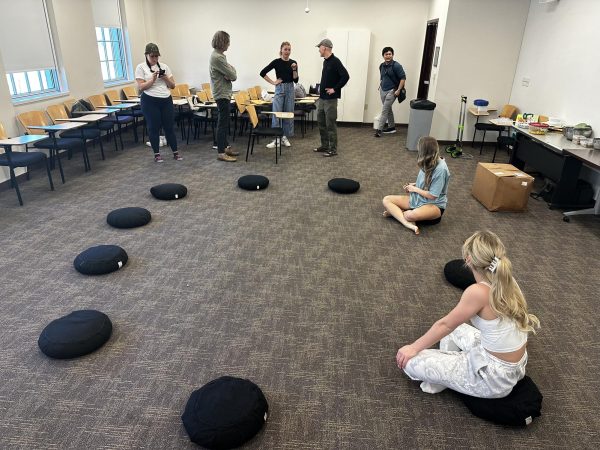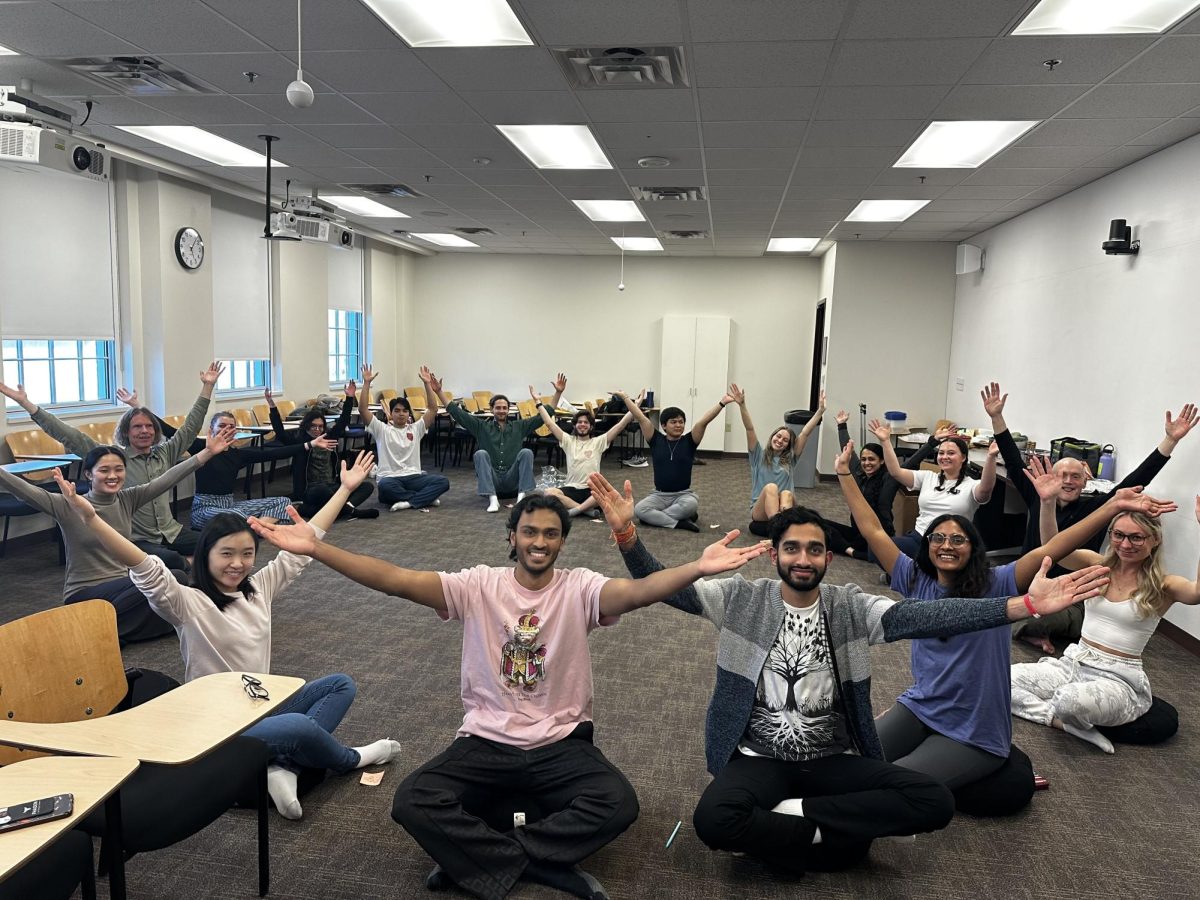TCU’s CALM studies, an initiative led by faculty and student leaders with various academic backgrounds, use traditional and modern meditation practices to promote understanding, tranquility and prosperity on campus.
Former TCU Professor Andy Fort founded TCU’s contemplative studies initiative in 2012, renamed CALM studies, standing for compassionate awareness and living mindfully.
CALM hosts monthly meditation retreats, weekly pre-health meditation group meetings and Zoom group meditation.

Ulrika Shragge, a TCU graduate and CALM studies coordinator, detailed the impact meditation has had on her life.“It has made me a better listener and a more compassionate friend. I feel like stress is more manageable.”
Shragge was briefly introduced to meditation in middle school, but it wasn’t until high school that she started utilizing a form of meditation called body scanning to help with her insomnia. She said she feels more in control of her emotions because of her meditation practices.
According to a systematic review of the efficacy of meditation by the University of Connecticut’s Department of Psychiatry, meditation practices were found to be beneficial for those with mood and anxiety disorders, premenstrual syndrome and epilepsy.
“I think meditation engages and touches parts of you that we usually take for granted,” said Julianne Tai, a senior CALM guide. “I think you gain a better understanding of yourself, your place in the world and the people around you.”
Several TCU students, graduates and faculty gathered on Friday for a meditation retreat hosted by the CALM meditation group.

The retreat began with a river-thought visualization exercise and breath-awareness practice, followed by an introduction by one of the group’s founding members.
CALM leaders composed several exercises and icebreakers focused on relaxation, mindfulness and understanding.
The event concluded with a shared home-cooked vegetarian meal prepared by CALM members and Professor Mark Dennis, who succeeded Professor Fort after his retirement in 2012.
Shragge said they generally host discussions and community-based meditation practices during retreats, often switching up which practices they do and who leads them so that everyone provides something unique.







